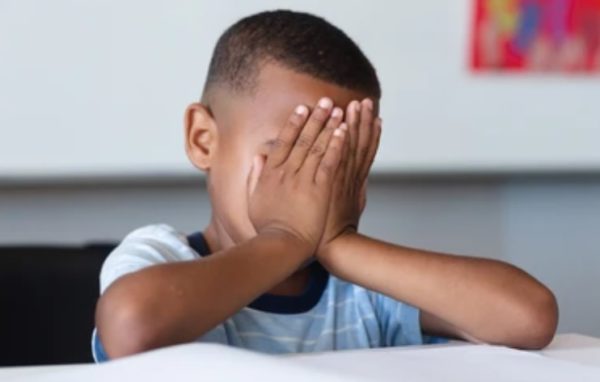Lifestyle
7 signs in your child you shouldn’t neglect to avoid mental disorders

It’s normal for a child to have ups and downs, but parents should remember that if warning symptoms go on for more than a few weeks, it’s best to get professional help.
Sometimes it could be signs of a mental disorder, and only a specialist can diagnose what exactly is happening with your kid.
Listed below are some signs in kids parents need to pay attention to if they last for a long time.
1. Anger and mood swings
Anger, mood swings, or sudden overwhelming fear for no reason — sometimes accompanied by a racing heart or fast breathing — can be a sign of mental illness. Yes, tantrums are common in young children, but most outgrow this by kindergarten. It’s not okay for a child younger than 4 to have more than 9 tantrums per week.
2. No concern for their own appearance
If your child stops taking care of their appearance and lacks cleanliness, it’s not normal. Don’t let it go if you see your kid ignoring being tidy and looking messy. Of course, children don’t always like to get clean, but it’s more about a constant or very pronounced manifestation.
3. Avoiding friends and family
Avoiding any social interaction, including family, can be a sign that something is going on. If you notice that your child has started to ignore school and even their best friends, it’s best to consult with a specialist who can help with finding a reason for this and helping them get back to normal.
4. Not doing things he or she used to enjoy
One more emotional sign is if your kid used to like to play certain games or loved certain foods but then suddenly stopped enjoying them. Of course, they can change tastes, but be more attentive, as your kid may have other symptoms as well.
5. Increased risk-taking behavior
Fighting, engaging in extreme sports, and skipping school are symptoms of risk-taking behavior. It’s more about ignoring the consequences of their behavior. Risk-taking behavior often peaks in the teen years and then decreases with age. Please don’t ignore these signs and ask for professional help.
6. Frequent headaches or stomachaches
Physical signs can be expressed in real physical pain, even if there is no clear medical cause. Your kid may often experience headaches, stomachaches, nausea or other physical pain. Researchers have noticed that headaches in childhood are associated with several psychopathological states, like depression and anxiety.
7. Changes in eating and sleeping habits
Physically, mental illness can cause trouble with eating and sleeping. If patterns change for the worse and stay negative for a long time, you shouldn’t ignore this. Up to 40% of children experience a sleep problem at some point during their development, researchers say. Anxiety disorders occur in up to 20% of children.










